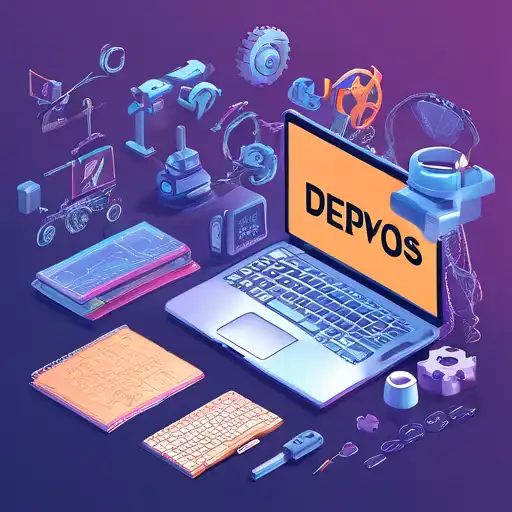Introduction to DevOps in 2023
As we step into 2023, the DevOps landscape continues to evolve, bringing forward tools that promise to streamline software development and operations. This guide highlights the essential DevOps tools you need to know to stay ahead in the game.
Version Control Systems
Version control is the backbone of DevOps, enabling teams to manage changes to source code over time. Git remains the undisputed leader, with platforms like GitHub, GitLab, and Bitbucket offering robust solutions for collaboration and code management.
Continuous Integration and Continuous Deployment (CI/CD)
CI/CD pipelines are critical for automating the software delivery process. Tools like Jenkins, CircleCI, and GitHub Actions have become indispensable for automating builds, tests, and deployments, ensuring faster and more reliable releases.
Infrastructure as Code (IaC)
IaC tools such as Terraform and Ansible allow teams to manage infrastructure through code, improving efficiency and reducing errors. These tools support cloud platforms like AWS, Azure, and Google Cloud, making them versatile for any DevOps setup.
Containerization and Orchestration
Containerization tools like Docker and orchestration platforms such as Kubernetes have revolutionized how applications are deployed and managed at scale. They offer portability, scalability, and efficiency, essential for modern DevOps practices.
Monitoring and Logging
Effective monitoring and logging are crucial for maintaining system health. Tools like Prometheus for monitoring and ELK Stack (Elasticsearch, Logstash, Kibana) for logging provide real-time insights into applications and infrastructure, enabling proactive issue resolution.
Collaboration and Communication
DevOps is as much about culture as it is about tools. Platforms like Slack and Microsoft Teams facilitate seamless communication among team members, while Confluence and Notion help in documentation and knowledge sharing.
Conclusion
The DevOps tools landscape in 2023 is rich and varied, offering solutions for every stage of the software development lifecycle. By leveraging these tools, teams can achieve greater efficiency, reliability, and speed in delivering software. Whether you're a seasoned DevOps professional or just starting out, staying updated with these tools is key to success.
For more insights into DevOps practices, check out our guide on DevOps best practices.
